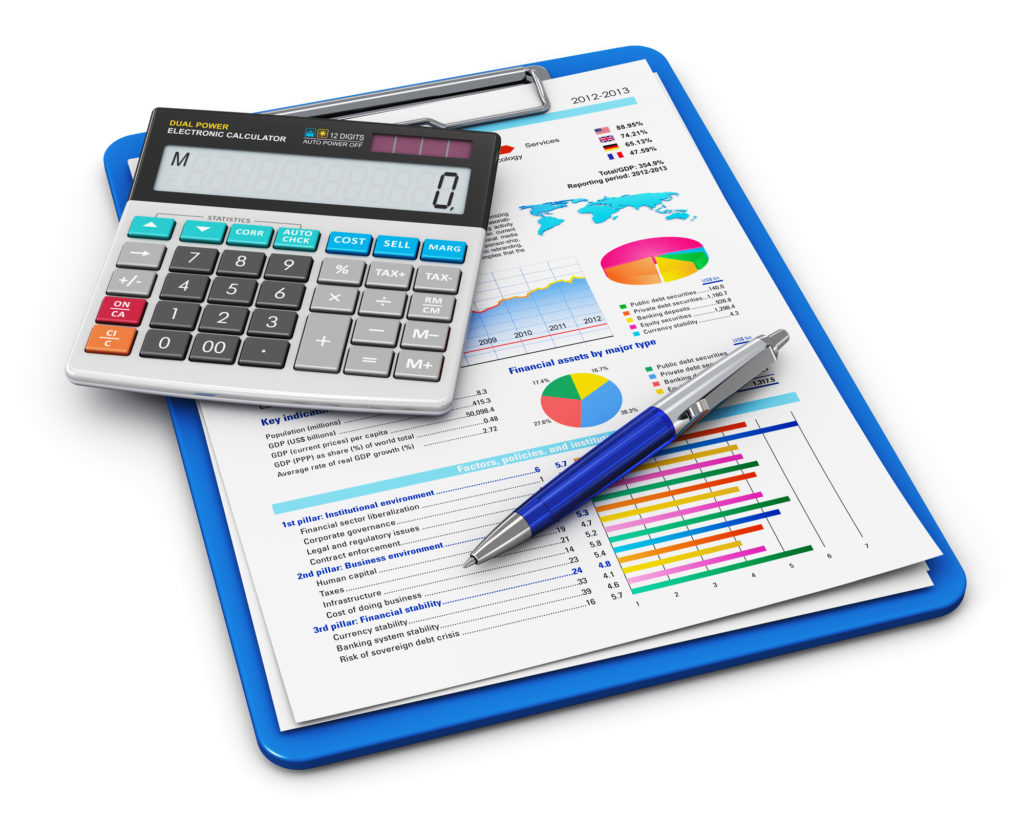 On February 1, 2023, the Federal Reserve raised its interest rate by a quarter of one percent, making it the highest rate since October 2007. This is the eighth increase since rates began to rise in March 2022 in an effort to curb inflation, and the Fed isn’t done; expect more rate hikes in the coming months. What does the Federal Reserve action mean to your business?
On February 1, 2023, the Federal Reserve raised its interest rate by a quarter of one percent, making it the highest rate since October 2007. This is the eighth increase since rates began to rise in March 2022 in an effort to curb inflation, and the Fed isn’t done; expect more rate hikes in the coming months. What does the Federal Reserve action mean to your business?
Cash flow challenges
If you have outstanding debt that isn’t at a fixed interest rate as is the case with a car loan or mortgage, you’re paying more to service the debt when interest rates rise. Business lines of credit are usually based on the prime rate (the Fed rate). As interest rates rise, so too does the cost of making payments on your lines of credit and credit card balances.
What to do: To the extent possible, pay down loans with variable interest rates. Going forward, plan to pay cash for things your business needs so you don’t run up an outstanding balance on credit cards. Adjust prices to offset the added cost of debt servicing.
Borrowing challenges
If you need capital to expand your business, take advantage of opportunities, or perhaps buy out a co-owner, it’s tougher to borrow now because of higher interest rates. According to the NFIB Monthly Survey for December 2022, an increased percentage of business owners said their last loan was harder to get than in previous attempts. Of those who obtained loans, nearly a quarter of them were paying a higher interest rate. Put in simple terms, borrowing is tougher and more costly.
What to do: Be sure that the credit history for your business as well as your personal credit score are optimized. The better they are, the easier it is for you to borrow…and at the most favorable interest rate possible. Look for alternatives to borrowing, such as seeking equity investments from family and friends or, perhaps, through crowdfunding. FreshBooks lists 17 sites to get capital for startups; established companies can use them too.
Deducting interest payments
It’s a general rule that interest paid on business borrowing is tax deductible. This effectively reduces the cost of payments; it cuts your tax bill to save you money. However, businesses may be subject to an interest expense deduction limitation. The following businesses are exempt from the limitation and can deduct all of their interest:
- Small businesses. For 2023, this means those with average annual gross receipts in the 3 prior years not exceeding $29 million.
- Electing farming and real estate businesses. Businesses must elect exemption and agree to use only the alternative depreciation system (ADS) for depreciating their properties.
What to do: Look at the after-tax cost of interest payments. Work with your CPA or other tax professional to get a handle of what this means to you.
Final thought
The purported purpose of the Fed’s interest rate hikes is to cool the economy so that inflation is reduced. Obviously, if the economy cools, it may also impact your sales and stunt business growth. All of this means you need to watch the Fed.


